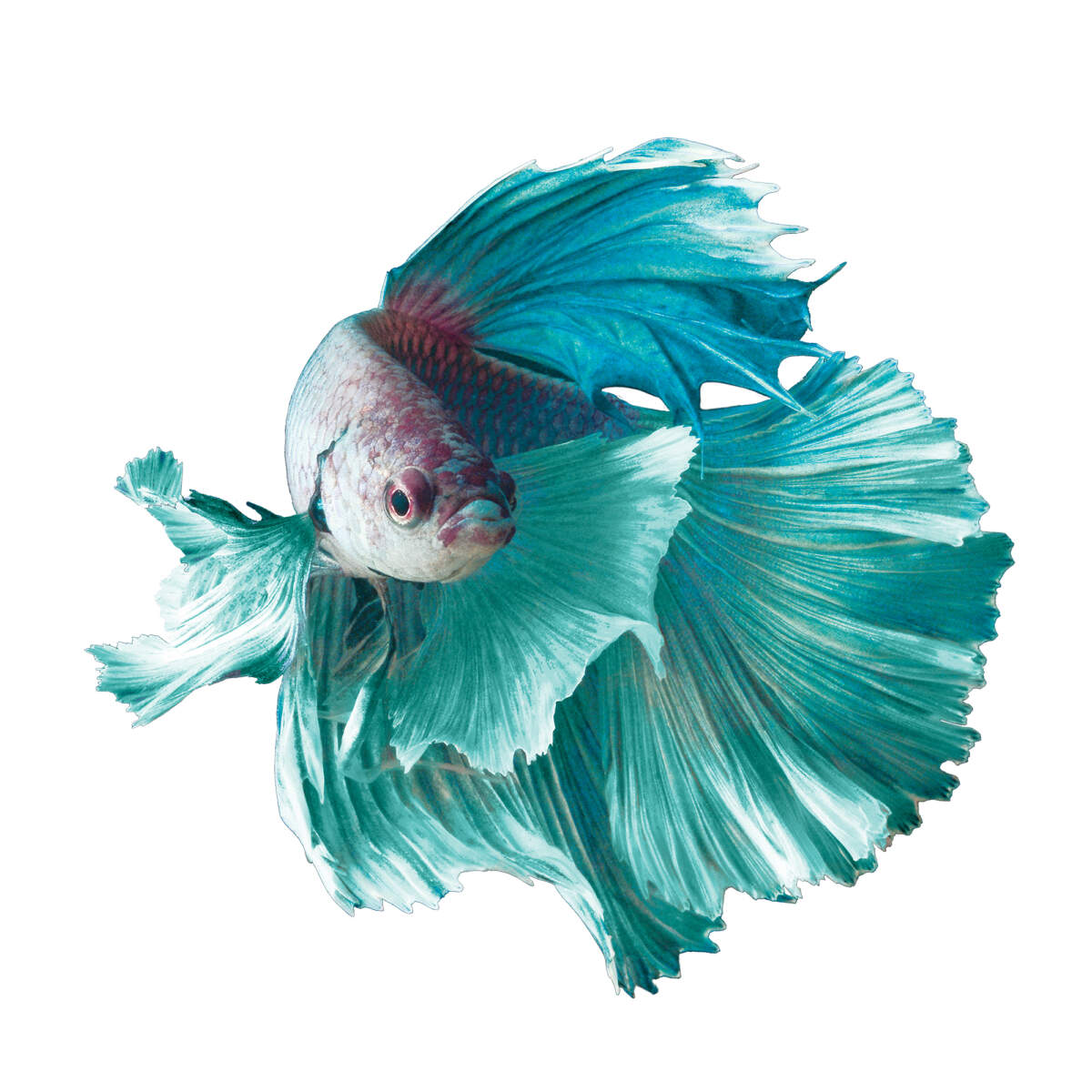Just How to Introduce Betta Fish to a Neighborhood Tank Safely
Just How to Introduce Betta Fish to a Neighborhood Tank Safely
Blog Article
The Ultimate Guide to Betta Fish Treatment: Essential Tips for Maintaining a Healthy And Balanced and Successful Fish Tank Atmosphere
Reliable Betta fish treatment necessitates a detailed understanding of their unique ecological and physiological demands. Developing a suitable aquarium starts with choosing the right storage tank size and making sure ideal water conditions, which are essential for the health and health of your Betta.
Picking the Right Storage Tank
Selecting the ideal storage tank for your Betta fish is essential to guaranteeing its health and wellness and health. Bettas thrive in atmospheres that imitate their all-natural environments, which commonly contain tranquility, warm waters. A container size of a minimum of 5 gallons is suggested to give sufficient swimming room, as smaller storage tanks can lead to tension and wellness problems for these dynamic fish.
When choosing a tank, take into consideration the storage tank's form and filtration system. Furthermore, a dependable filtration system is essential to preserve water top quality and reduce the regularity of water modifications.
Temperature level policy is an additional crucial variable; Bettas favor water temperature levels between 76 ° F and 82 ° F. Buying a good heating unit will make certain that the water continues to be within this range, advertising a healthy and energetic lifestyle for your Betta. Giving ideal container designs and hiding places will assist decrease stress and anxiety and encourage all-natural habits, even more boosting your Betta's health.
Preserving Water High Quality
Maintaining optimal water quality is essential for the health and long life of Betta fish. This requires routine monitoring of different specifications, consisting of temperature level, pH, ammonia, nitrite, and nitrate levels. Bettas thrive in temperatures in between 76 ° F and 82 ° F, so keeping a steady temperature is crucial. Unexpected changes can bring about anxiety and disease.
The pH level must preferably fall between 6.5 and 7.5. Routine screening making use of a trusted water testing kit can help ensure these criteria remain within the proper varieties. Ammonia and nitrite degrees ought to always go to 0 ppm, as also reduced concentrations can be toxic to Betta fish. Nitrate degrees need to be kept under 20 ppm to avoid long-term wellness issues.
Normal water modifications are crucial to keeping water quality. Furthermore, incorporating a robust purification system can aid in keeping water clarity and quality, providing a healthier habitat for your Betta fish.
Perfect Feeding Practices
Giving a well balanced diet is crucial for the wellness and vibrant coloration of Betta fish, as their nutritional needs play a substantial function in their overall well-being. Betta fish are carnivorous by nature, needing a diet high in protein. A mix of top notch pellets, icy or online foods such as bloodworms, brine shrimp, and daphnia can supply the important nutrients they require.
Feed your Betta fish 2 to three times a day, providing only what they can eat within a couple of mins to stop overfeeding and maintain water high quality. Overfeeding can result in weight problems and health concerns, including swim bladder disease. It is necessary to check their nutritional intake and adjust part sizes accordingly.
In addition to healthy protein, a Home Page well balanced diet needs to consist of nutrients to promote optimum health. Take into consideration supplementing their diet plan with high-grade flakes or pellets specifically developed for Betta fish, as these typically consist of required ingredients.

Developing an Appropriate Environment

Water top quality is critical; preserve a temperature between 76 ° F and 82 ° F, and ensure the pH level varies from 6 - betta fish.5 to 7.5. Routine water changes of 25-50% weekly will aid keep contaminants at bay and ensure a secure environment
Incorporating plants and hiding spots is important, as Betta fish are naturally territorial and delight in having locations to explore and pull back. Live or silk plants, in addition to caves and accessories, can create a revitalizing environment.

Normal Health And Wellness Checkups
Carrying out regular wellness check-ups is crucial for guaranteeing the health of Betta fish, as early detection of prospective issues can stop major health issue. These check-ups ought to encompass a detailed examination of the web fish's physical condition, behavior, and ecological elements.
Begin by observing the Betta fish for any indications of distress, such as sleepiness, loss of hunger, or unusual swimming patterns. Furthermore, evaluate the fins and body for signs of staining, lesions, or fin rot, which can suggest infections or bloodsuckers. On a regular basis monitoring the water quality in the aquarium is just as crucial; criteria such as pH, ammonia, nitrite, and nitrate degrees need to be maintained within ideal arrays to avoid anxiety and ailment.
In addition, take into consideration keeping a log of health and wellness monitorings and water high quality examinations. Timely treatment can make a significant distinction in the recovery of your Betta fish, ensuring a lengthy and healthy and balanced life in a well-maintained fish tank setting.
Conclusion
Finally, effective Betta fish treatment rests on creating and keeping an optimum fish tank atmosphere. Trick factors include selecting an appropriately sized tank, ensuring constant water high quality, sticking to ideal feeding techniques, and creating an environment that decreases stress and anxiety. Regular health appointments are essential for early discovery of possible problems. By following these standards, aquarists can advertise the health and vibrancy of Betta fish, eventually causing a thriving water environment.
Report this page